Rep. Alexandria Ocasio-Cortez and Sen. Edward Markey Unveil ‘Green New Deal’ Bill
Multiple 2020 presidential contenders are already co-sponsors.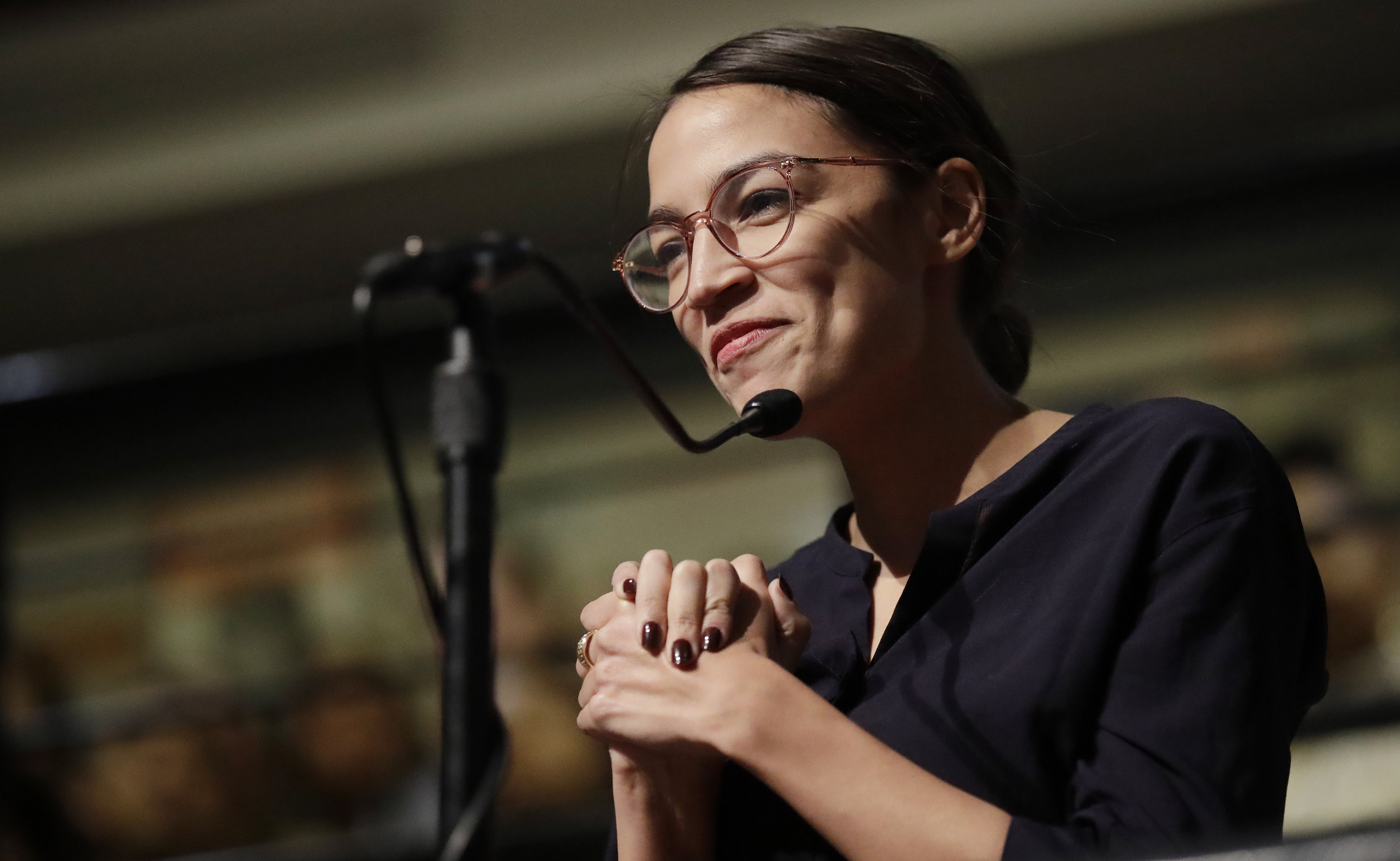 Rep. Alexandria Ocasio-Cortez. (Charles Krupa / AP)
Rep. Alexandria Ocasio-Cortez. (Charles Krupa / AP)
The earth is at risk for a climate crisis as early as 2040 according to a 2018 report from the U.N.’s Intergovernmental Panel on Climate Change. That includes, as Coral Davenport explained in The New York Times, “worsening food shortages and wildfires, and a mass die-off of coral reefs.” Amid this barrage of frightening news, advocates and lawmakers demanded solutions. They floated an ambitious “Green New Deal”; a set of policies designed to lower carbon emissions, reduce the use of fossil fuels, incentivize renewable energy and create jobs in the process.
Now, as NPR reports Thursday, Rep. Alexandria Ocasio-Cortez, D-N.Y., and Sen. Edward Markey, D-Mass., have introduced a bill they hope will be the first legislative step in taking the Green New Deal from a slogan into reality.
The bill doesn’t set a specific date for eliminating fossil fuels, but does, as Lisa Friedman and Glenn Thrush write in The New York Times, “call for generating 100 percent of electricity through renewable sources like wind and solar in the next 10 years, eliminating greenhouse emissions in manufacturing and forestry ‘as much as is technologically feasible,’ and re-engineering cars and trucks to end climate pollution.”
The legislative prospects for the measure “are bleak in the foreseeable future,” Friedman and Thrush write, adding that “Speaker Nancy Pelosi of California has no intention of bringing it to the floor for a vote, according to a Democratic leadership aide with direct knowledge of her plans.”
On the same day that Ocasio-Cortez and Markey released their resolution, Pelosi announced the members of a new House Select Committee on climate change. Ocasio-Cortez was not one of them. In an interview with Politico, Pelosi also dismissed the plan as “the green dream,” adding, “Nobody knows what it is, but they’re for it, right?”
At least one scientist who spoke to NPR was skeptical over whether the United States could meet the bill’s goal of transitioning to renewable energy within ten years. “Where we need to be targeting really is a net-zero carbon economy by about 2050, which itself is an enormous challenge and will require reductions in carbon emissions much faster than have been achieved historically,” said Jesse Jenkins, a postdoctoral environmental fellow at Harvard’s Kennedy School.
Ocasio-Cortez however, in an interview with NPR’s Steve Inskeep, emphasized the need for a starting point, a framework from which to develop future, more detailed plans.
“Even the solutions that we have considered big and bold are nowhere near the scale of the actual problem that climate change presents to us,” she told Inskeep, adding, “It could be part of a larger solution, but no one has actually scoped out what that larger solution would entail.”
Meanwhile, Democratic candidates for president are already announcing their support for a Green New Deal, and, as Danielle Kurtzleben writes on NPR online, “It’s easy to see the issue becoming a litmus test for some voters in both the 2020 congressional elections and the presidential election.” So far, Sens. Kamala Harris, D-Calif., Bernie Sanders, I-Vt., Kirsten Gillibrand, D-N.Y., and Cory Booker, D-N.J., all of whom are either running in 2020, or considering a run, have signed on as co-sponsors.
Read the latest version of the bill here.
Your support matters…Independent journalism is under threat and overshadowed by heavily funded mainstream media.
You can help level the playing field. Become a member.
Your tax-deductible contribution keeps us digging beneath the headlines to give you thought-provoking, investigative reporting and analysis that unearths what's really happening- without compromise.
Give today to support our courageous, independent journalists.
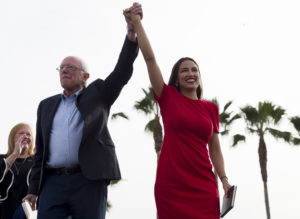
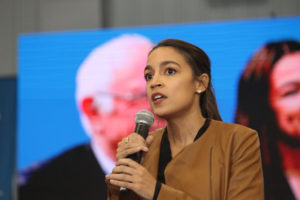


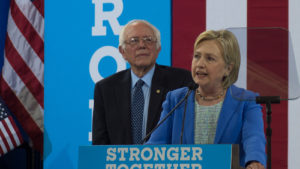
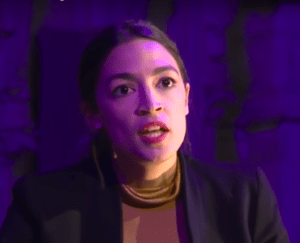
You need to be a supporter to comment.
There are currently no responses to this article.
Be the first to respond.